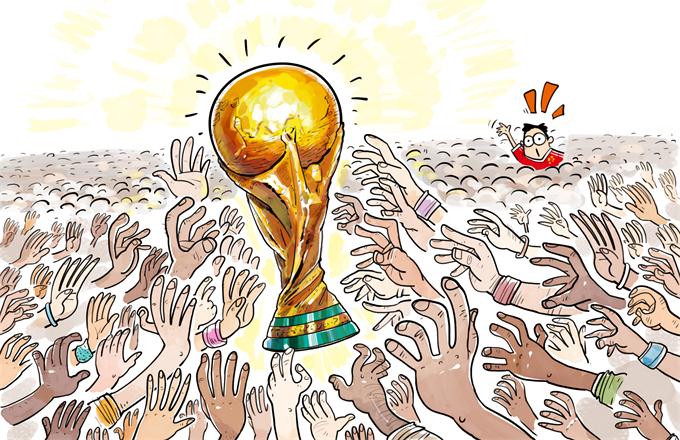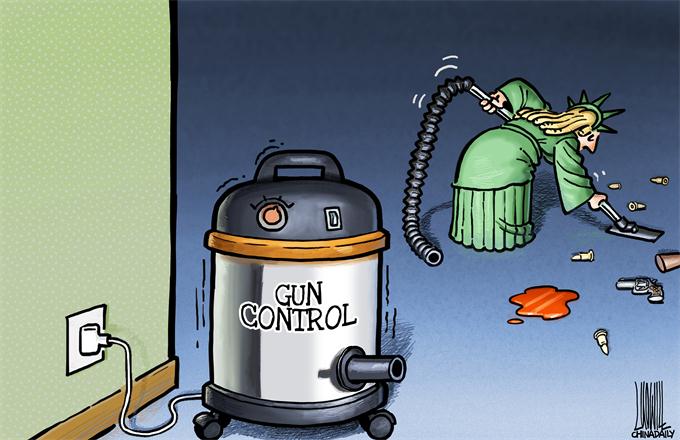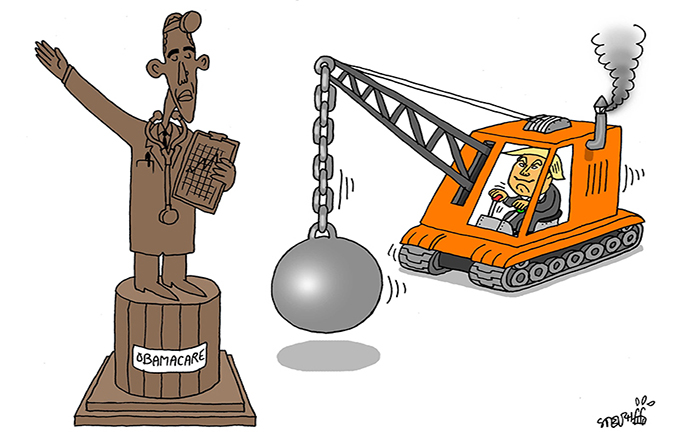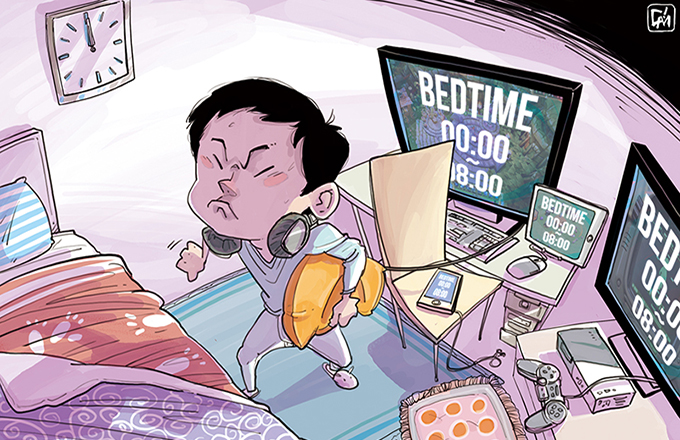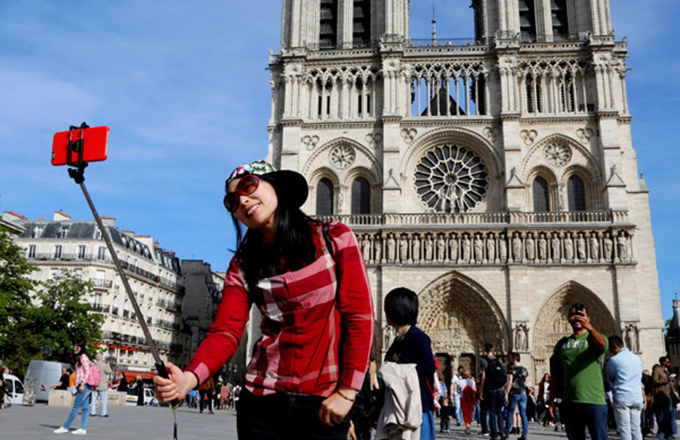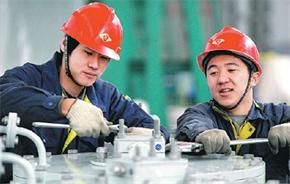Effective incentive and punishment system helps to fight air pollution
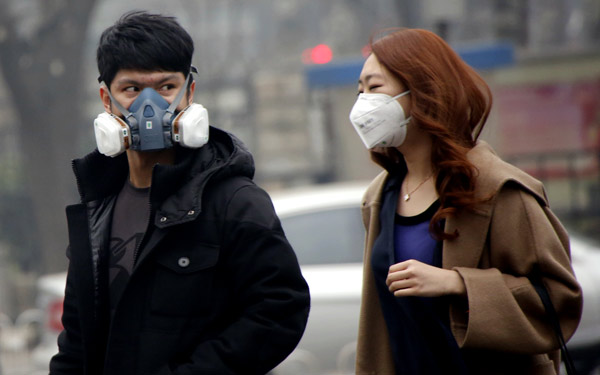 |
|
A couple tackle the pollution in a shopping district amid heavy smog after the capital issued its first ever "red alert" for air pollution on Dec 8, 2015. [Photo/Agencies] |
ON SUNDAY, the Beijing municipal people's congress, the local legislature, reviewed the 2017 budget and a report on the implementation of the 2016 budget. Beijing invested 16.6 billion yuan ($2.4 billion) on fighting air pollution last year, and it plans to invest 18.2 billion yuan in such efforts this year. Beijing Youth Daily comments:
Some experts worry that heavy investment in environmental protection might curb economic development. But the idea that environmental protection and economic growth are a zero-sum game has proved to be nonsense. A good example of this is Lanzhou, capital of Northwest China's Gansu province.
Located between two mountains with quite heavy industries, Lanzhou suffered heavily from pollution in the last decades and was listed as one of "the top 10 cities with the heaviest air pollution nationwide". After years of efforts though, it improved its air quality to such an extent it received a prize for its achievement at the 2015 UN Paris Climate Change Conference.
During the same period, Lanzhou's GDP more than doubled, and both its economic and energy structures were optimized. So Lanzhou attained better economic growth while curbing air pollution.
One of the things that can be learnt from Lanzhou is that an effective incentive and punishment system is necessary to fight air pollution. During the past five years, about 1,000 officials were demoted for being unable to curb the air pollution, and officials that proved they could do the job better were promoted. That prompted Lanzhou officials to work hard in fighting pollution.
Beijing could do much better in its efforts to fight air pollution. It has more financial resources than Lanzhou, better R&D talents, and it could mobilize more resources. The 2016 budget implementation report shows that Beijing paid four southern suburban districts 3.9 billion yuan because of their good performance in curbing air pollution and the 2017 budget will give more bonuses to well-performing districts.
At the same time, the capital's environmental protection authorities dealt with 13,127 cases of environmental pollution and fined lawbreakers a total of 150 million yuan in 2016. However, this is rather light. It is time for Beijing to take harsher measures and fine polluters more heavily.
More important, Beijing needs to demote the officials who perform badly in curbing air pollution and promote those who perform well, just like Lanzhou did. Only with both encouragement and punishment will officials do better.
- Beijing continues to splash billions in air pollution
- Demographers find population regulations won't alleviate air pollution
- Minister feels 'guilty' for air pollution
- Air purifiers to protect schoolchildren from air pollution
- 62 pct of Chinese cities plagued by air pollution
- Beijing maintains orange alert for air pollution
- North China's air pollution less than expected: ministry






